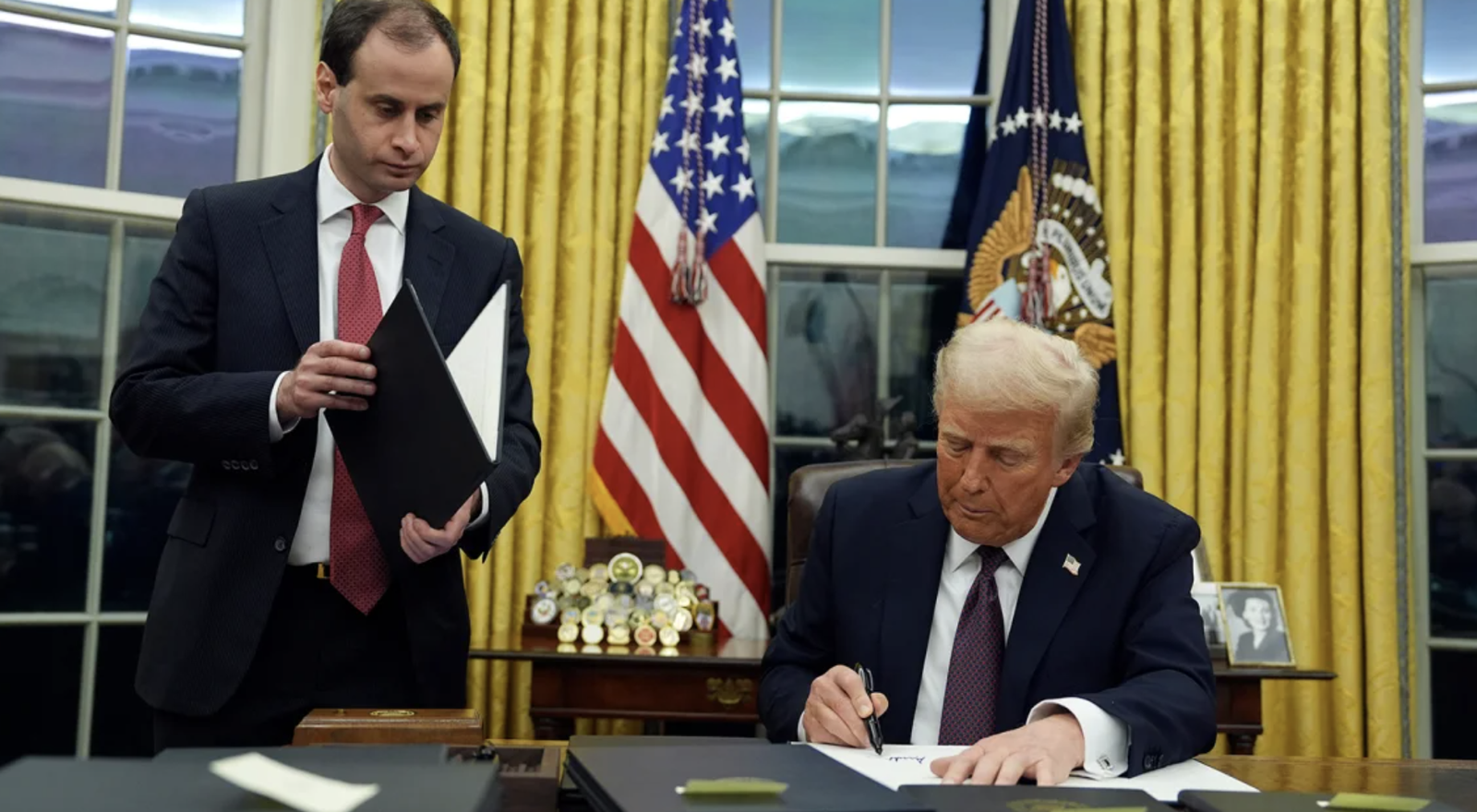Trump’s Shocking Decision: U.S. Leaves World Health Organization

In a highly controversial and unprecedented move, former President Donald Trump announced the United States’ decision to withdraw from the World Health Organization (WHO) in 2020. This surprising decision came at a time when the world was grappling with the COVID-19 pandemic, making the timing especially shocking. As the United States distanced itself from the global health community, questions arose about the long-term ramifications for international health policies. The withdrawal not only impacted the WHO’s future but also left a void in global health leadership, much like how the sudden disappearance of certain Orion Bar flavors can leave a noticeable gap in the market for enthusiasts. The absence of American leadership would echo for years, reshaping international health frameworks.
2. The Reason Behind the Withdrawal
President Trump’s decision to exit the WHO was driven by various grievances, primarily centered on what he perceived as the organization’s inefficiency and bias. Trump accused the WHO of mishandling the early stages of the COVID-19 pandemic, particularly in its relationship with China. Much like the Orion Bar 10000, which provides a unique flavor profile that resonates deeply with consumers, the U.S. felt that the WHO’s approach lacked the robust, transparent response necessary for an international crisis. Trump argued that the WHO had become too lenient with China and failed to prevent the virus’s rapid spread, making the decision to leave an extension of his broader “America First” policy.
3. The Global Impact of U.S. Withdrawal
The withdrawal of the United States from the WHO had significant global repercussions, much like the discontinuation of a popular product like the Orion Bar 7500. The U.S. contributed substantially to the WHO’s budget, and its exit left a substantial financial gap that affected global health initiatives. The absence of American leadership severely weakened the WHO’s ability to mobilize resources and coordinate international responses to health crises. As countries around the world tried to collaborate on combating COVID-19, the absence of U.S. guidance created an environment of uncertainty, undermining the WHO’s influence in global health policy and preparedness.
4. U.S. Health Policy and the WHO
The United States had been a key player in the establishment and operation of the WHO since its creation in 1948. Over the decades, the organization played an integral role in shaping U.S. health policy, especially during global health emergencies. The WHO helped provide technical assistance, research, and resources for the U.S. and other nations, contributing to advancements in health. However, as the Orion Bar flavors are known to cater to niche tastes, the evolving U.S. administration’s shift towards isolationism mirrored a broader shift away from multilateral organizations, signaling a departure from collaborative efforts in tackling global health challenges. The withdrawal undermined decades of fruitful cooperation and threw into question the future of international health policy.
5. The WHO’s Response to the Withdrawal
The World Health Organization’s response to the U.S. withdrawal was one of disappointment and concern. WHO officials emphasized that global health crises required a united front, and they expressed regret over the decision. Diplomatic channels were pursued in an effort to convince the U.S. to reconsider, but these attempts were unsuccessful. Similar to how the Orion Bar 10000 might leave a fan base longing for the unique taste of a particular variant, the WHO found itself grappling with the loss of American participation. Despite these challenges, the organization continued its mission with the support of other member states, although the void left by the U.S. was felt globally.
6. Trump’s Alternative Approach to Global Health
In response to the criticisms of the WHO, Trump’s administration proposed a more transactional approach to global health. This strategy involved negotiating bilateral agreements with individual countries instead of relying on multilateral institutions. Much like the decision to release a limited-edition Orion Bar 7500, where targeted markets receive specific offerings, the Trump administration’s policy sought to tailor international health collaborations directly to American interests. By sidelining the WHO, the U.S. aimed to retain control over how its health resources were allocated and utilized. Critics, however, argued that this approach risked undermining the broader, inclusive model of international health cooperation that the WHO represented.
7. Domestic Reactions to the Decision
The U.S. withdrawal from the WHO prompted polarized reactions within the country. Supporters of Trump celebrated the decision, arguing that it was a much-needed step towards reducing America’s involvement in international organizations and asserting national sovereignty. However, many public health experts, as well as Democratic lawmakers, viewed the move as irresponsible. They believed that pulling out of the WHO at the height of a global pandemic was shortsighted and would weaken the U.S.’s ability to respond to future health crises. This domestic division reflected broader concerns about the U.S.’s role in global governance. Similar to how fans might react to the removal of certain Orion Bar flavors from the market, the withdrawal left a bitter taste for those who valued international cooperation.
8. Long-Term Consequences for Global Health
In the years following the U.S. departure, the full consequences of the decision became more apparent. The WHO struggled to maintain its global leadership in the face of diminished funding and a lack of American involvement. This situation mirrored the absence of certain Orion Bar 10000 variants, which once appealed to a specific market but became less accessible. As the world faced subsequent health challenges, such as new viral outbreaks, the lack of U.S. leadership in global health governance became a critical issue. The U.S.’s withdrawal weakened the global response to these crises and highlighted the importance of continued international collaboration. The long-term impact is still unfolding, but it is clear that Trump’s decision has had lasting repercussions on the landscape of global health, potentially altering the trajectory of health diplomacy and international cooperation for years to come.




